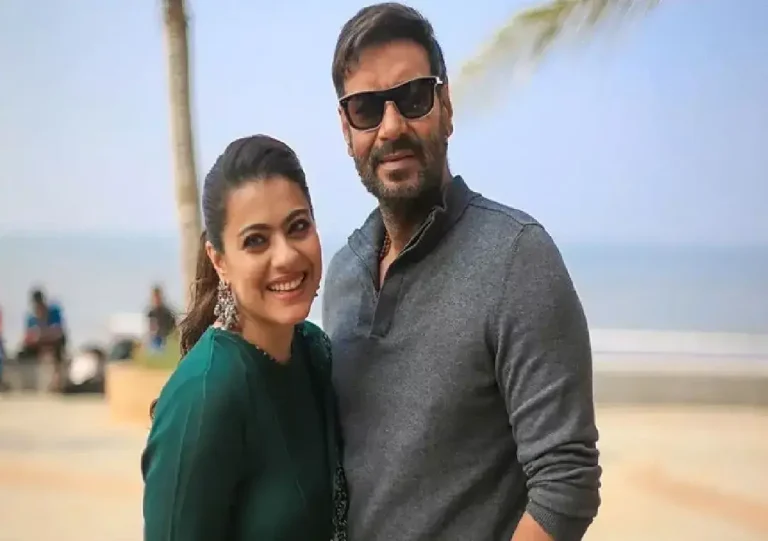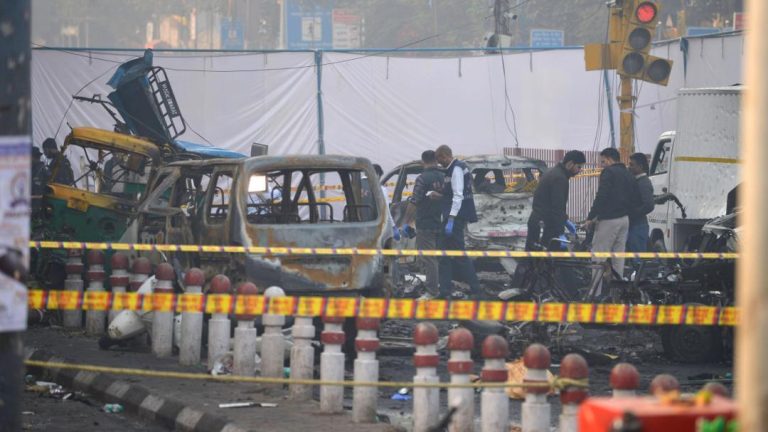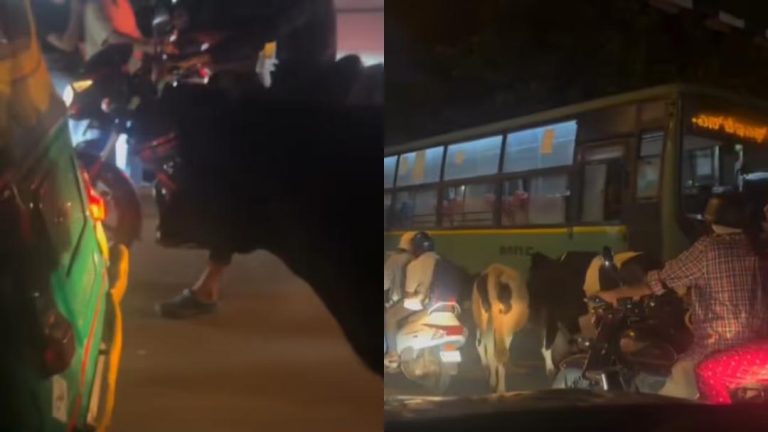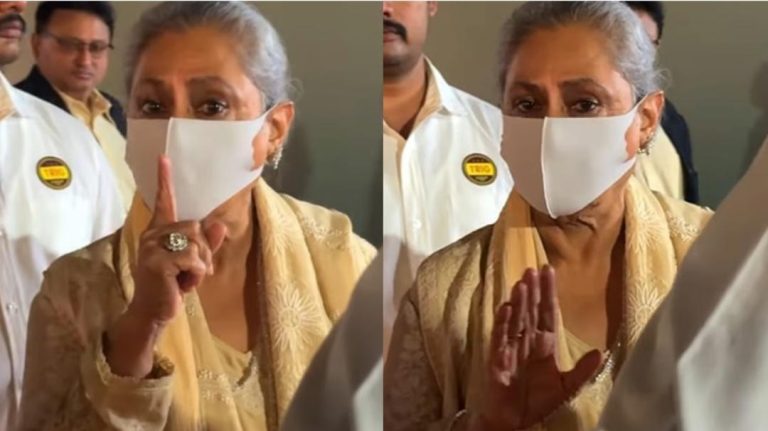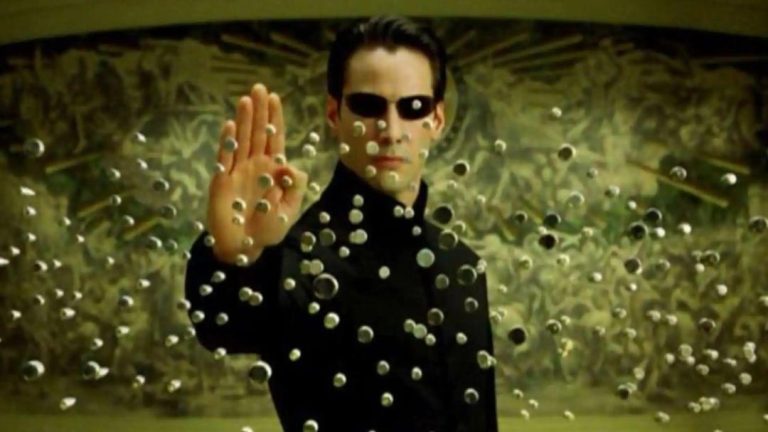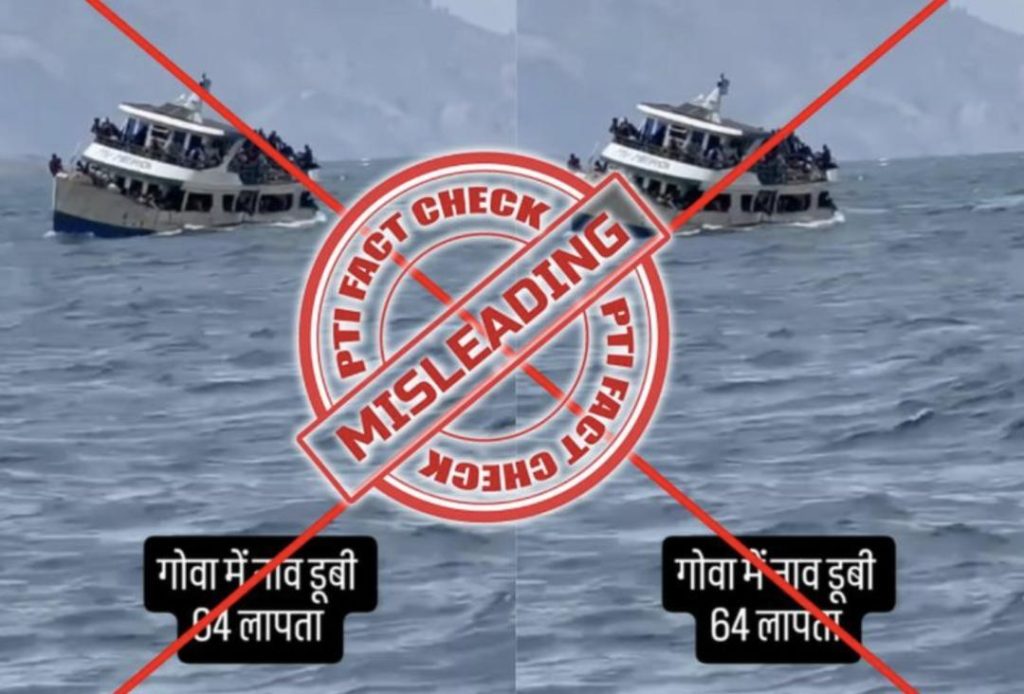
Congo Ferry Capsize Video Falsely Shared as Goa Boat Accident
In recent days, a disturbing video has been circulating on social media, showing a boat overcrowded with passengers capsizing in a water body. The video, accompanied by a caption claiming that the incident occurred in Goa, has left many people in shock and concern. According to the claim, the boat accident in Goa has left 64 people missing.
However, on investigation, PTI (Press Trust of India) found the claim to be false. The video, which has been widely shared on social media, actually depicts an incident that took place at Lake Kivu in eastern Democratic Republic of Congo in October 2024.
The video, which shows a passenger ferry capsizing in the middle of the lake, was originally reported by local media outlets in the Democratic Republic of Congo. According to reports, the ferry, which was carrying over 200 passengers, was overcrowded and did not have proper safety measures in place. The incident resulted in multiple fatalities, with many more people injured.
Despite the video being more than a year old, it was recently shared on social media with a false caption claiming that it showed a recent boat accident in Goa. The video was shared with a caption claiming that 64 people were missing after a boat capsized in Goa, sparking widespread concern and outrage.
The false claim was widely shared on social media, with many people expressing their shock and sadness at the alleged incident. However, as the news spread, it became clear that the claim was baseless and the video was actually from a different incident.
The incident highlights the importance of verifying information before sharing it on social media. With the rise of social media, false information can spread rapidly, causing widespread panic and concern.
The Congo ferry capsize video is a stark reminder of the dangers of sharing false information on social media. It is essential that we take the time to verify information before sharing it, to avoid causing unnecessary panic and concern.
In recent years, there have been several instances of false information being shared on social media, causing widespread panic and concern. From fake news stories to misleading videos, the internet has become a breeding ground for misinformation.
The Congo ferry capsize video is just the latest example of the dangers of sharing false information on social media. It is essential that we take a more critical approach to the information we share online, and ensure that we verify information before sharing it.
In conclusion, the Congo ferry capsize video, which was falsely shared as a recent boat accident in Goa, is a stark reminder of the importance of verifying information before sharing it on social media. It is essential that we take a more critical approach to the information we share online, and ensure that we verify information before sharing it.
